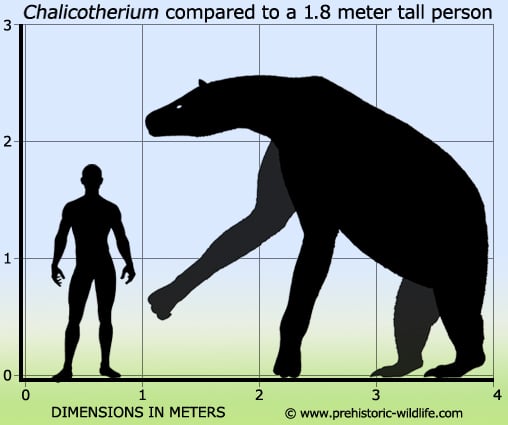29.1.21 Remote Learning
Literacy/PE/History -
Can you design and explain a Stone Age work out routine for a hunter-gather who needs to keep their tribe fit and healthy? What types of exercises could they do? What equipment could they make - remember, no electricity, not even any metal! Just stone, wood, animal furs, bone, plant materials, and our favourite construction material of all, animal poo.
Have a look at the link below for exercises you can do with little to no equipment;
https://www.youthsporttrust.org/60-second-physical-activity-challenges
Maths - Stone Age Estimating!
Some images to help your estimating;


Dinohyus:


Stone Age Mathopoly
PSHE/RE/Literacy
This afternoon we'll be thinking about Article 14 for our Rights Respecting School award.
We'll be discussing the information linked above and how it links to our RE topic, Sikhism, and especially what the 9th Sikh Guru, Guru Tegh Bahadur, did.
Then we're going to mind map some of the activity ideas - I'm expecting at least 4 - with "Article 14" in the middle of the page with your activities around the edge. See you then!
11 questions about Article 14 - pick any four.
- Thoughts and beliefs are usually really important to people. Write down some things you believe in strongly.
- Can you think of an example of when a group of people were stopped from practising their faith? Either in the present day or in history?
- Why do you think religious buildings are important? Think of and draw a building that is important to you. This could be a religious building like a church or a temple, or even a school or a library. Write a sentence or two about why this building is important to you.
- List as many religions as you can think of. Do you know what symbols are linked with these religions?
- Imagine you have discovered a new planet to live on. What ideas do you have about how you would want all the people who live there to treat each other and their planet?
- Imagine you are part of your school council. What ideas do you have to make sure your school listens to the thoughts and respects the beliefs of all children?
- Freedom of thought also means freedom to have no religion. In a poll in 2016, British people under 40 were far more likely to report being “no religion” than anything else. Why do you think this might be?
- Can you think of some festivals and events that take place in different religions? You could write a sentence, draw a picture or write a story about a child celebrating this festival or special day.
- Can you think of some items or religious artefacts that are important in more than one religion?
- Religion and beliefs are important in many people’s lives. Why do you think this is?
- Imagine someone you know has been excluded from a club because of their beliefs. You have been asked to speak on their behalf at the School Council. Write an argument defending them, using Article 14 to help you.